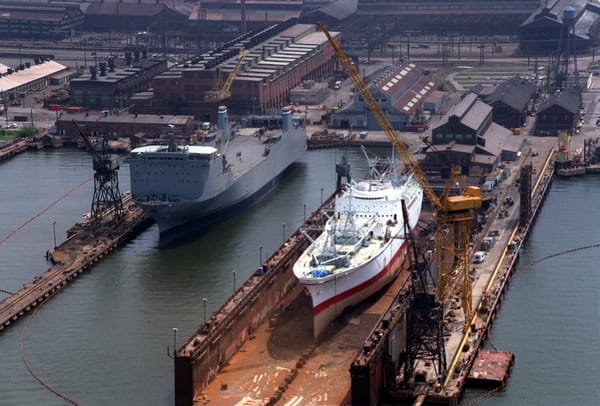Support for reindustrialization, reshoring, and state-led industrial policy has gone from unthinkable to accepted bipartisan wisdom on Capitol Hill in just a few years. As with the understanding of China as the great geopolitical nemesis of the United States—a position regarded as extreme when Donald Trump promoted it in 2016—a new consensus has formed with lightning speed, centered on fortifying domestic supply chains, revivifying the decrepit and ailing defense-industrial base, and bringing jobs home.
“It is one thing to want to do something and another thing to be able to do it.”
However, it is one thing to want to do something and another thing to be able to do it. Trump, to take a recent example, promised to “drain the swamp” in Washington, only to find the swamp all too capable of draining him. Undoing decades of previous decision-making and rebuilding the economy from the ground up is, if anything, a more daunting task. Even if the American political class really wants to achieve this worthy goal, whether it can is another matter.
At least at this point, the answer looks to be a solid “no.” To be sure, both the comically mislabeled Inflation Reduction Act and the 2022 CHIPS Act were attempts to set this process in motion. But far from being harbingers of a new era of American political economy, these bills—as well as the general way that American politicians now talk and think about industrial policy—reveal the deep cracks in the foundation of the entire reshoring project.
